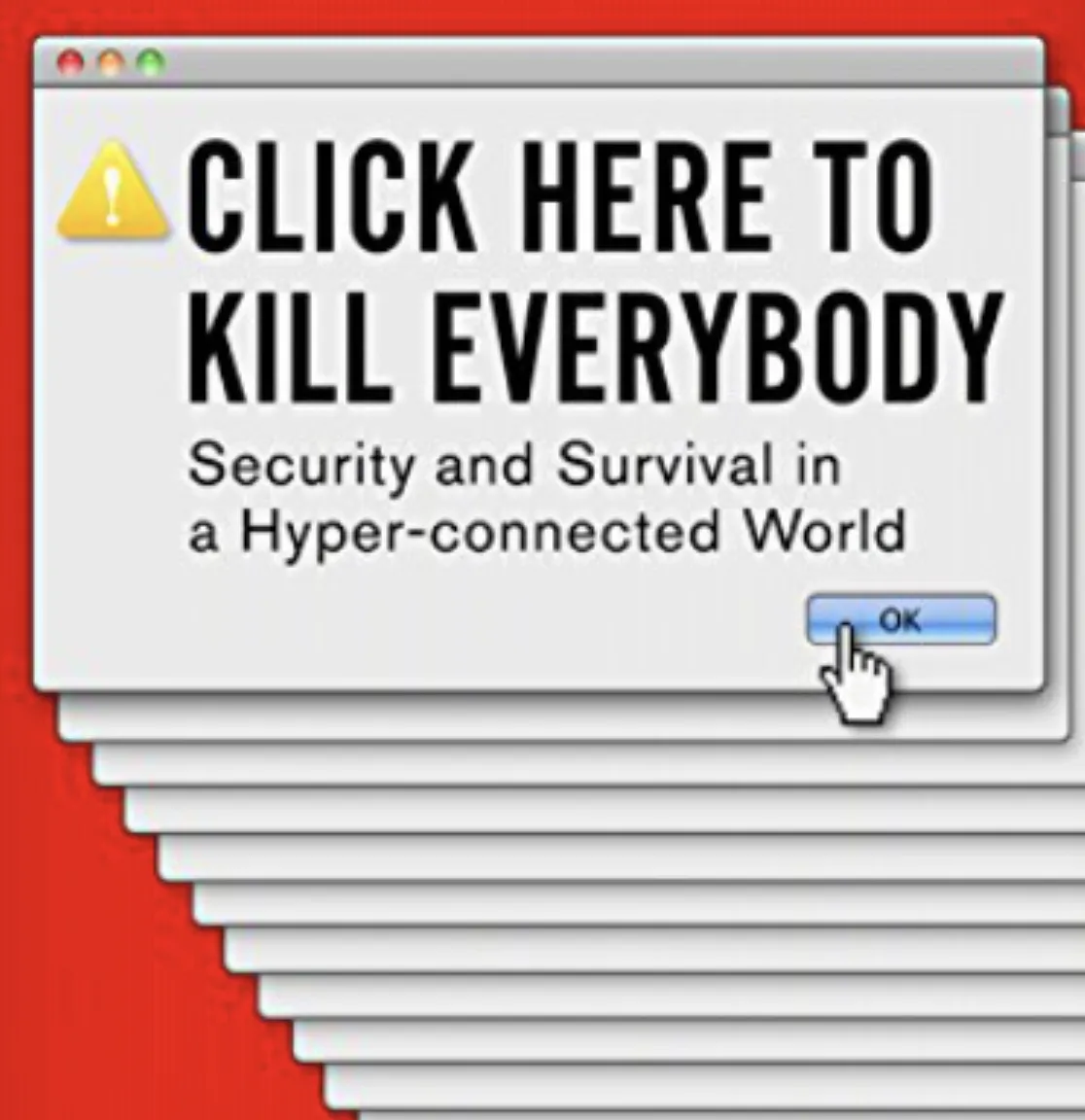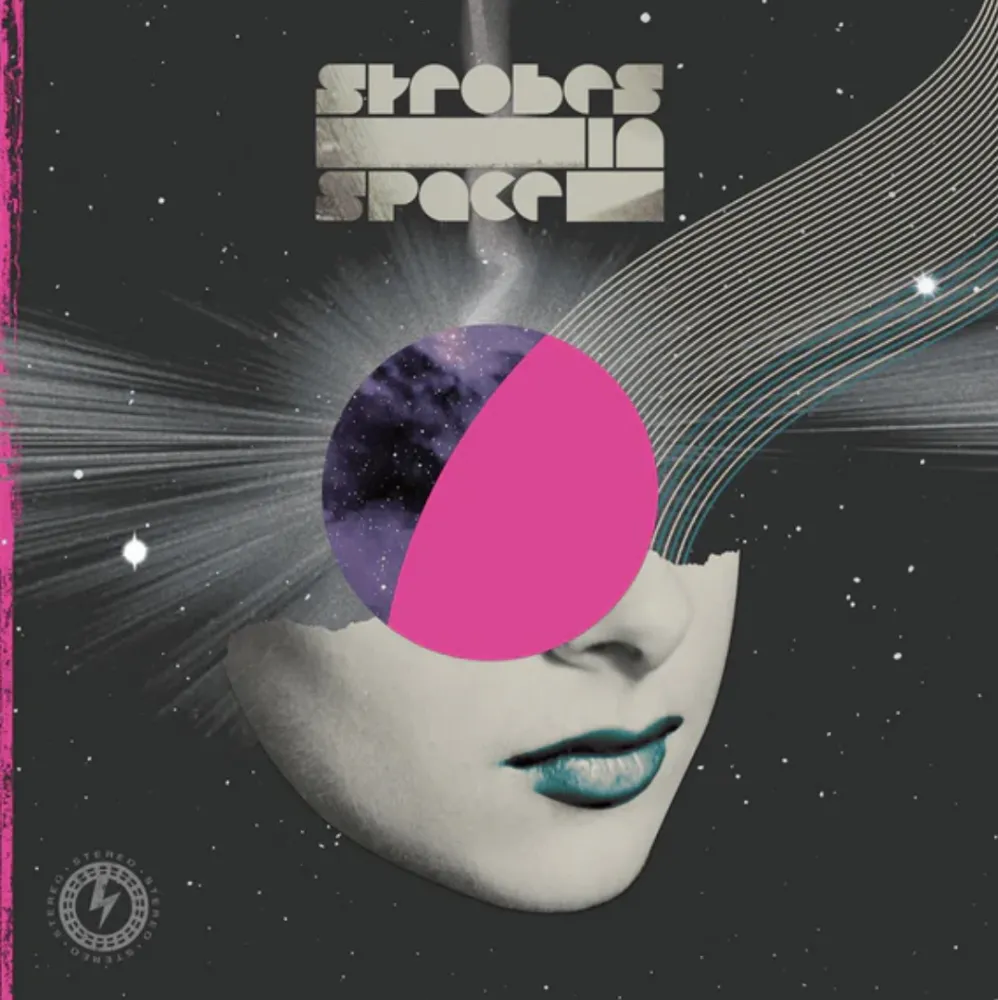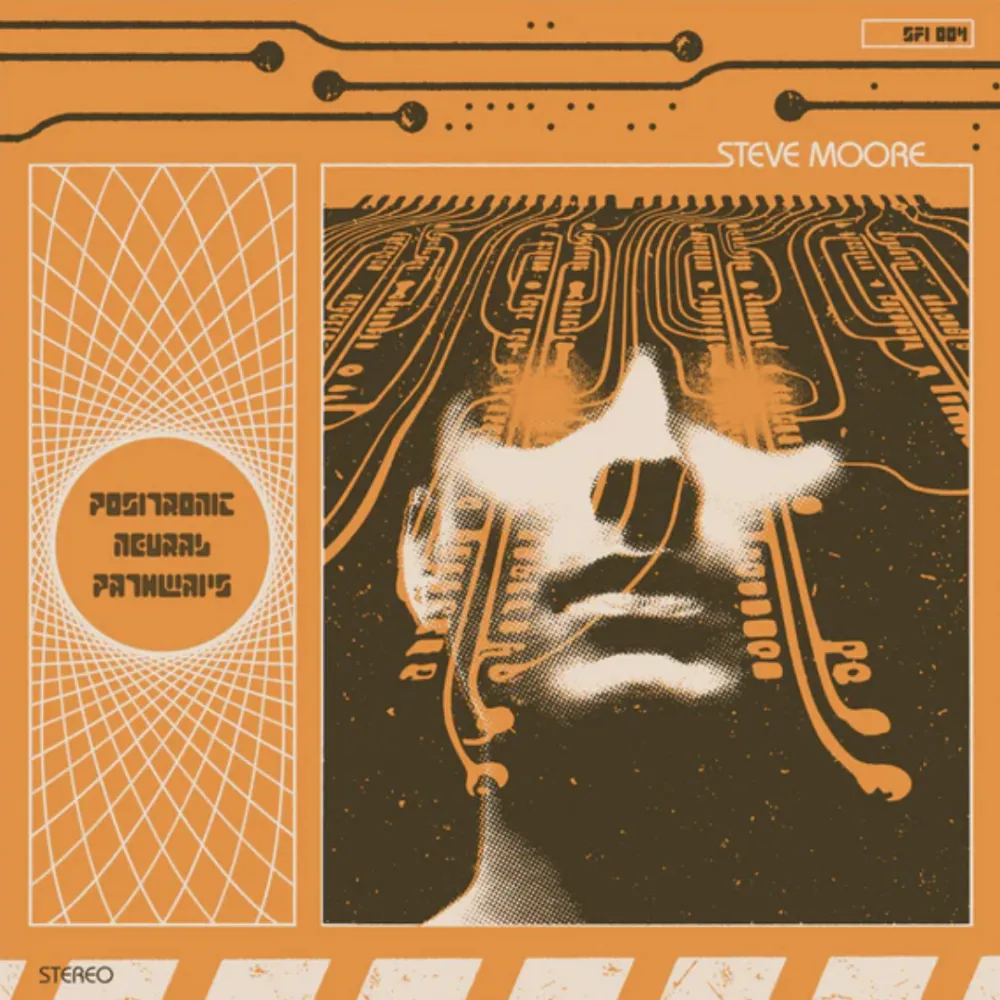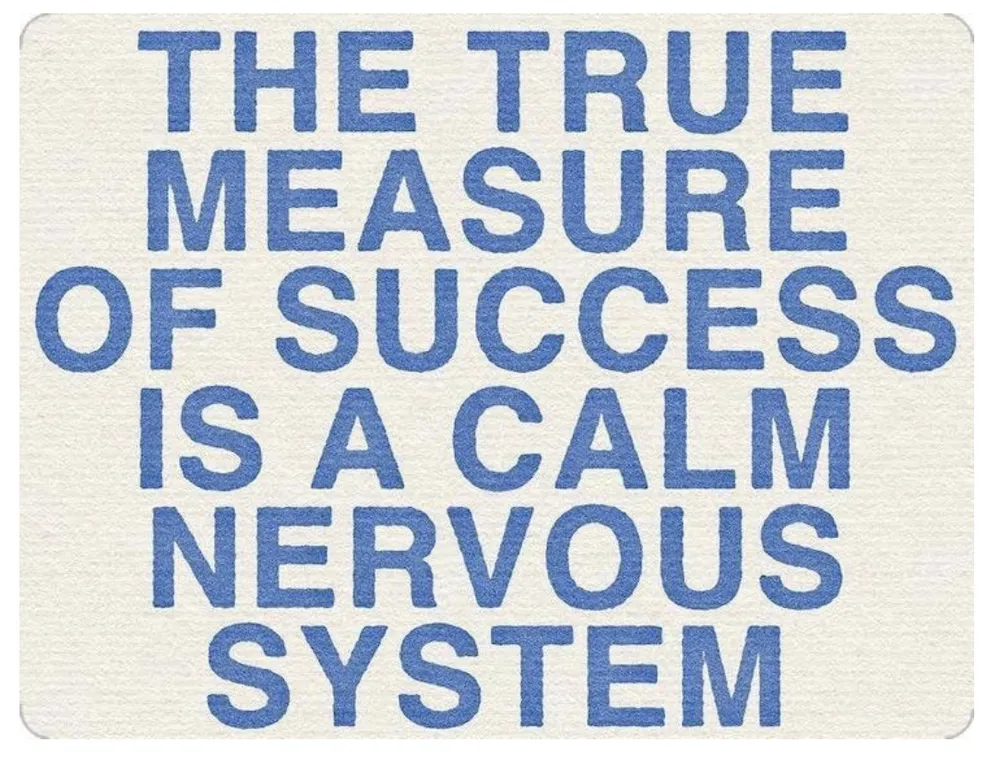Sep '25

The phone eats time; it makes us live the way people do inside a casino, dropping a blackout curtain over the windows to block out the world, except the blackout curtain is a screen, showing too much of the world, too quickly. This avoidance of time’s actual flow, this compulsion toward the chronophage, the time-eater, is a horror story that is likely to happen only in a society that is busily producing horrors. The only worthwhile parts of my mind are those which have resisted or eluded the incentives of the internet.
— Jia Tolentino

Today’s machine intelligence structures the world to produce predictable data, attention, and behavior. Through continuous modeling and subtle feedback, human action is rendered legible and brought under algorithmic management. This marks an enclosure of the cognitive commons itself: of perception, memory, and desire themselves. The ways we notice, recall, and orient our will may be increasingly governed by systems we do not see and cannot easily interrogate.
In the hands of the few, large-scale behavioral modeling could begin to function as a form of ambient governance: a one-way mirror that interprets our impulses while offering little in return.
— Jac Mullen

Unlike computers, we are beings in time — embodied, embedded, and entimed in our worlds. We can never be caught in infinite loops because we never exist out of time. The constant, time-pressured imperative to minimize statistical surprise and maintain physiological viability is, for living creatures like us, the ultimate relevance filter, the reason we almost always find a way through.
— Anil Seth
Humans are the mechanism through which the universe becomes self-aware. Walking through a forest, you experience something almost spiritual: while the trees embody order without knowing it, humans have been blessed with the ability to recognize and comprehend that order. We are the thoughts of the Universe.
— Geoffrey West

Yutori is a Japanese concept of arriving with enough time, and then looking around slowly.
We compel ourselves to write the script by hand in order to nurture the kind of intuition that flows most freely from the dream, channeled through the hand onto the paper.
— Dogma 25 Manifesto

I have to start by carefully defining what is meant by the term ‘reality’. It seems to me that what you most probably mean is material reality. My own position is that while we are indeed apparently part of and surrounded by a material reality (I say apparently because we all compose material reality moment by moment on the loom of our perceptions and are unable to prove that it is actually there, this being the hard problem of consciousness), we are just as evidently part of and immersed in the immaterial reality of our own thought processes. Since material science, which rightly requires empirical testing and repeatable experiments, cannot measure or meaningfully investigate human consciousness, it has tended to argue away consciousness as a ‘ghost in the machine’, and to insist that the only true reality is the material reality for which it has metrics and theories. This has percolated down into the ordinary person on the street’s default worldview, where to say that something is only happening in someone’s mind is to say that it isn’t happening, and by extension that our thoughts and inner workings are not real. Now, thanks to the hard problem of consciousness referred to earlier, while I cannot conclusively state that everybody else’s thoughts and inner workings are real, I can assure you that mine definitely are. In fact, again thanks to the hard problem of consciousness, my thoughts and inner workings are the only things in all existence that I know to be real. The imagination is the sole phenomenon that we know not to be imaginary.
In fact, if we look at material reality more closely, we can see that the greater part of the physical world around us – our buildings, our clothing, our technology, the rooms we’re currently sitting in, the languages with which we think and communicate, the social groups and institutions we belong to – has its origins in the human imagination; in the immaterial inner world of somebody, somewhere, sometime. Thought of in this way, it appears that tangible physical reality is almost entirely founded on the ghostly world of thoughts, concepts and ideas; that this ungraspable phantom territory is the bedrock that our hard and heavy solid world is standing on. This notional world is also, in its own way, more enduring and thus perhaps more substantial that our material realm: the concept of empire has long outlived empires, and if all of the physical chairs in the world were to vanish tomorrow, as long as we retained the concept of chairs, we would not be greatly inconvenienced. It’s only when we lose our ideas and thoughts, as with the library at Alexandria, that we are plunged into a catastrophic dark age for getting on a thousand years.
— Alan Moore

God had less to do with faith or belief, and more to do with a way of seeing. I came to understand that God was a form of perception, a means of being alert to the poetic resonance of being. I found God to be woven into all things, even the greatest evils and our deepest despair. Sometimes I feel the world pulsating with a rich, lyrical energy, at other times it feels flat, void, and malevolent. I came to realise that God was present and active in both experiences.
— Nick Cave

When you're unbothered and in your element, it exposes those who've caged themselves.